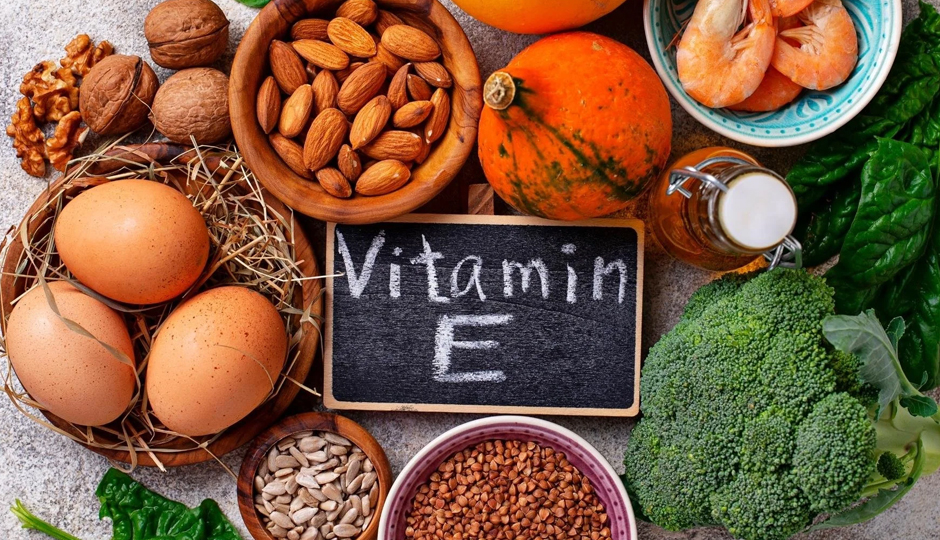- Home›
- Healthy Living›
- 10 Foods That Are Beneficial For The Growing Child
10 Foods That Are Beneficial For The Growing Child
By: Priyanka Maheshwari Fri, 13 Sept 2024 11:04:06

As children grow, their nutritional requirements change, making it important to prioritize foods that promote both physical and cognitive development. Below are the top 10 foods that are especially beneficial for growing children, along with practical tips and nutritional insights for incorporating these into their diets.
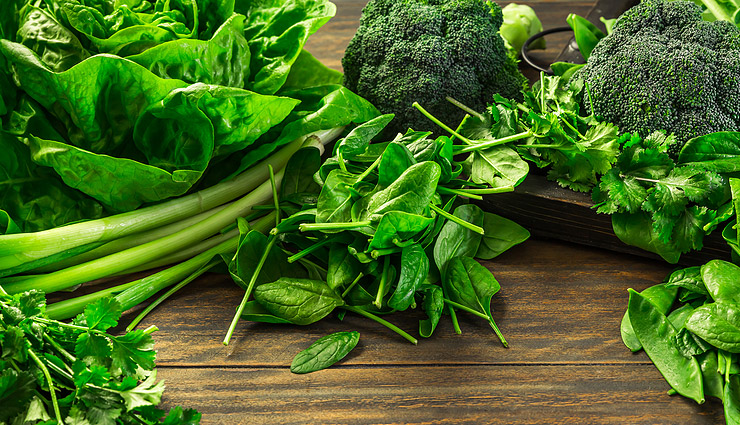
# Leafy Greens
Leafy greens like spinach, kale, and broccoli are nutrient-rich powerhouses that should be a regular part of your child's diet. Packed with vitamins A, C, and K, these vegetables boost immune function, promote healthy skin, and strengthen bones. They are also excellent sources of iron and calcium, which are vital for energy and bone health. To make these greens more appealing to children, try blending them into smoothies, adding them to soups, or mixing them into scrambled eggs.
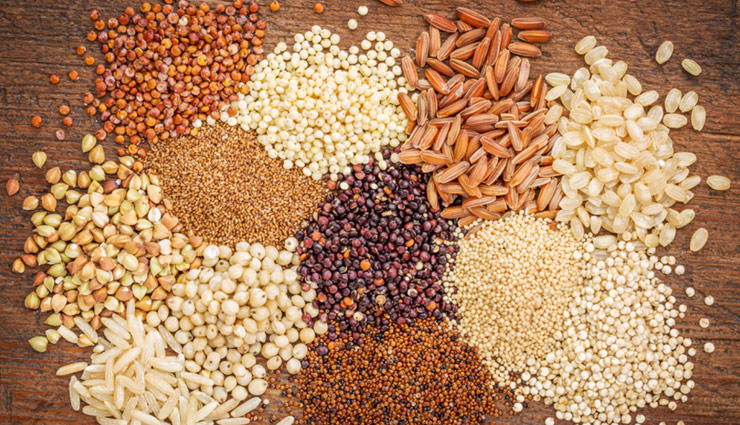
# Whole Grains
Whole grains such as oats, quinoa, brown rice, and whole wheat provide lasting energy and support digestive health. High in fiber, they help maintain a healthy digestive system and prevent constipation. Whole grains are also rich in B vitamins, essential for energy production and brain function. Incorporate whole-grain cereals, bread, and pasta into your child's meals to ensure they reap these nutritional benefits.
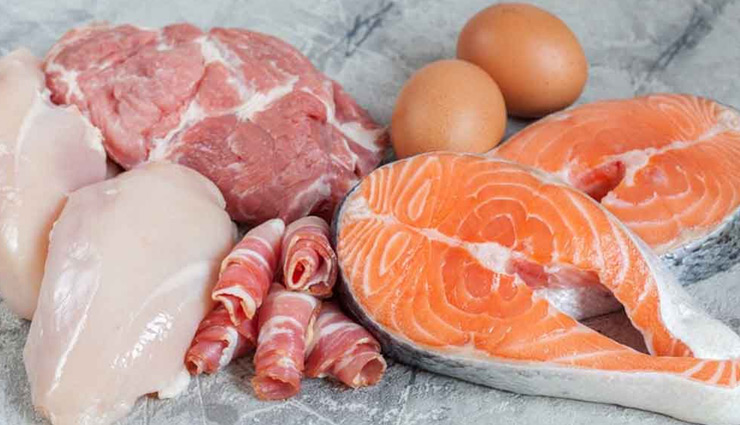
# Lean Proteins
Lean proteins, including chicken, turkey, fish, and legumes, are critical for muscle growth and tissue repair. They provide the necessary building blocks for a child's growth. Fish, in particular, is rich in omega-3 fatty acids, which promote brain development and cognitive function. Including a variety of lean proteins in your child's diet ensures they receive the nutrients needed for optimal growth.

# Dairy Products
Dairy products like milk, yogurt, and cheese are rich in calcium and vitamin D, essential for bone health and growth. They also provide protein and other key nutrients. For lactose-intolerant children or those with dairy allergies, fortified plant-based alternatives like almond milk or soy yogurt can be suitable substitutes. Adding dairy to snacks and meals, such as smoothies or cheese sandwiches, can help meet your child’s nutritional needs.
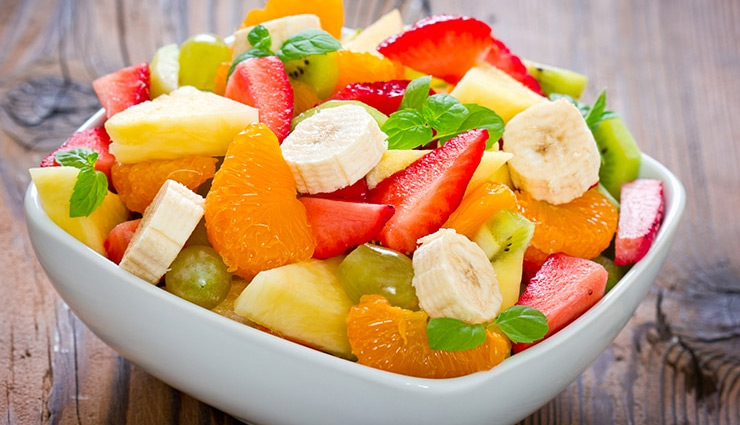
# Fresh Fruits
Fruits such as apples, bananas, berries, and oranges are packed with vitamins, minerals, and antioxidants. They offer important nutrients like vitamin C, which strengthens the immune system, and fiber, which supports digestion. Fresh fruits also provide a healthy alternative to satisfy sweet cravings. Incorporating a variety of fruits as snacks or into meals throughout the day ensures a well-rounded nutrient intake.
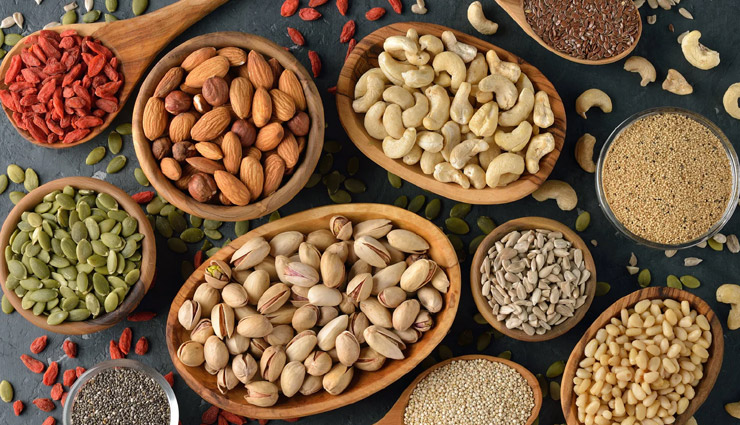
# Nuts and Seeds
Nuts and seeds, including almonds, walnuts, chia seeds, and flaxseeds, are loaded with healthy fats, protein, and vital vitamins and minerals. Their omega-3 fatty acids are particularly beneficial for brain development. Nuts and seeds can be used as toppings, blended into smoothies, or enjoyed as snacks. Be cautious of portion sizes and any potential allergies when introducing them into your child's diet.
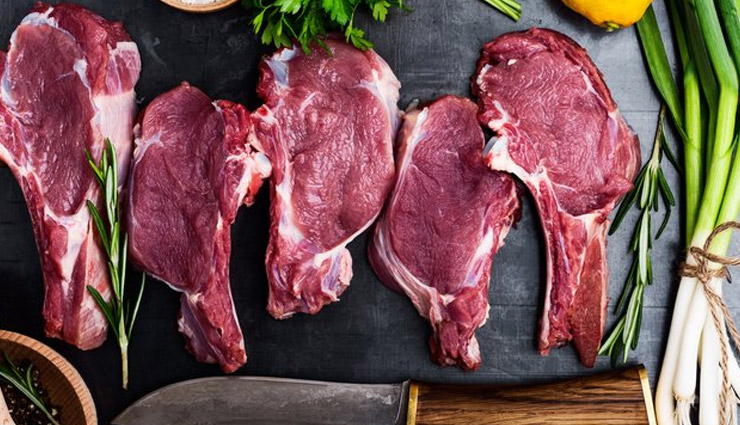
# Lean Red Meat
Lean red meats like beef and lamb provide essential nutrients like iron and zinc, important for growth, immune health, and brain development. Iron supports the production of hemoglobin, which is key for oxygen transport in the body. Opt for lean cuts and prepare them by grilling or baking instead of frying to make red meat a healthy part of your child’s diet.

# Eggs
Eggs are a versatile and nutrient-dense food, rich in high-quality protein, vitamins, and minerals. They are a great source of choline, which supports brain function, and contain all the essential amino acids needed for growth. Eggs can be prepared in many ways—scrambled, boiled, or baked—making them a convenient and nutritious addition to any meal.
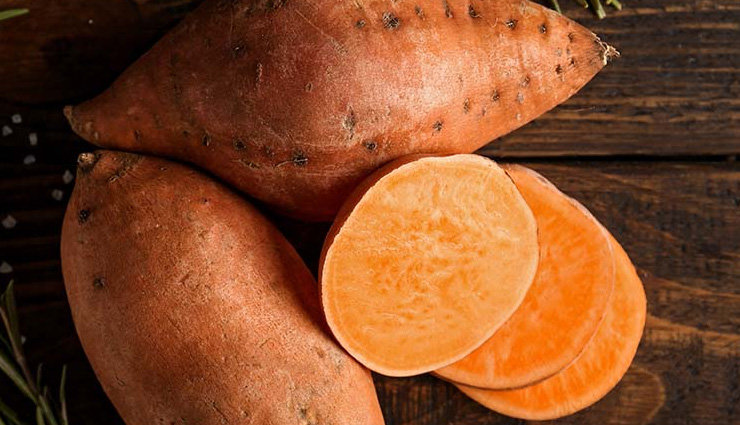
# Sweet Potatoes
Sweet potatoes are packed with vitamins A and C, along with dietary fiber. Their high vitamin A content promotes healthy vision, immune function, and skin health. As a complex carbohydrate, sweet potatoes also provide steady energy. They can be baked, roasted, or mashed, making for a delicious and nutritious side dish for children.
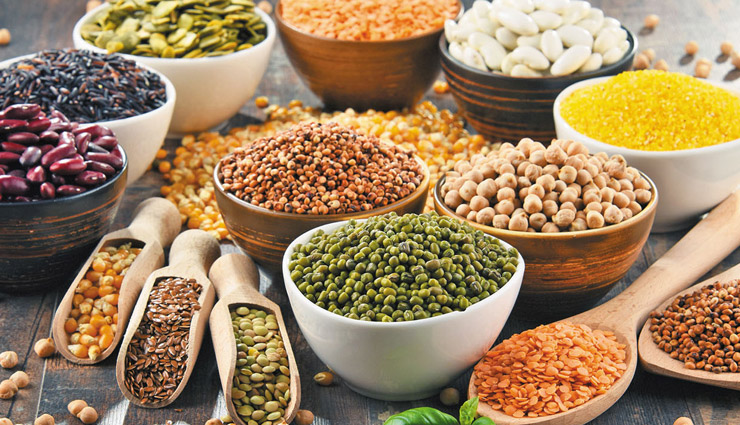
# Legumes
Legumes such as beans, lentils, and chickpeas are rich in protein, fiber, and essential nutrients like iron and folate. They promote healthy digestion and are an excellent plant-based protein option. Legumes can be easily added to a wide range of dishes, from soups and salads to stews and casseroles, helping provide a balanced nutrient profile in your child’s diet.
Related Stories:
# 10 Budget Friendly Foods That Will Help You To Manage High Blood Pressure
# Balance Your Vaginal Health: 8 Home Remedies for White Discharge
# 5 Ways Orange Juice Can Be Beneficial for Your Diabetes Diet
# 5 Health Benefits of Eating Chicken Hearts for Heart Patients


